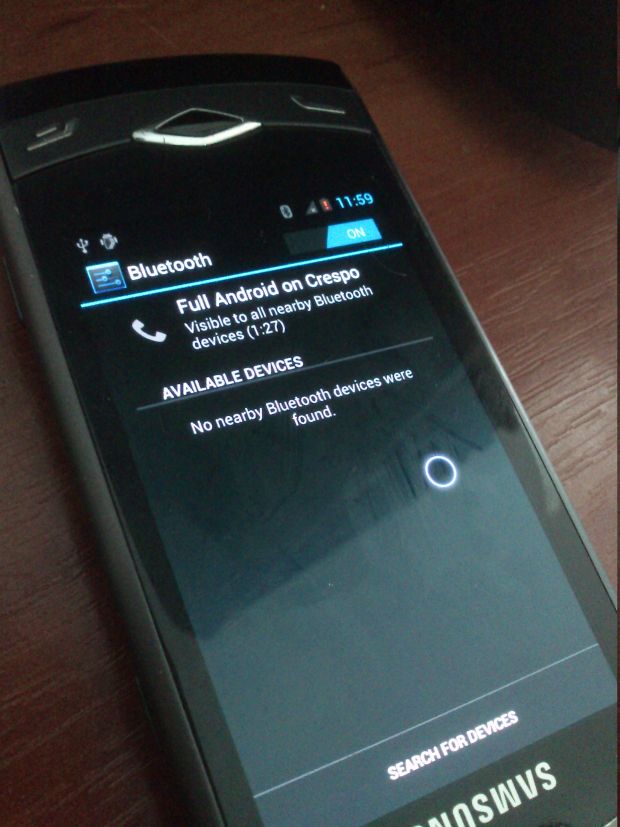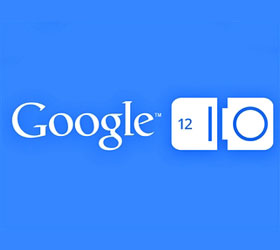Mobile computing is currently dominated by Apple. For companies such as Microsoft and Amazon.com, the future lies in the hands of people like Scott Porad. Porad who is the chief technology officer of Cheezburger Network, a popular publisher of humour websites, has to make the tough calls on which mobile devices merit the development of special software, or apps, that will make the company’s content look glossy. “It’s a strain on a small company to have a lot of different platforms to support,” he said. For the hot-selling iPhone, developing apps might be a no-brainer. But when it comes to developing apps for Microsoft’s new Windows 8 software, or for the various versions of Google’s Android mobile operating system, or for Research in Motion’s BlackBerry devices, things are not that easy. “We are a small company and we don’t have unlimited resources,” says Porad. “We cannot afford to do it all.” Cheezburger, an independent publisher with 85 employees and about 16 million unique visitors a month worldwide, has finally decided to go ahead with a Windows 8 app, while passing on BlackBerry and some other platforms. But there are some other developers who are not in a hurry and taking a wait-and-see approach.
The caution is not only limited to Windows, but is also increasing to Android as this software grows in different ways on different vendors’ platforms. A Kindle Fire app is quite different from one built for, say, the Samsung Galaxy, even though both devices are based on Google’s Android. Indeed, the eruption
of competition in the tablet and smartphone markets have provided consumers with
plenty of choice, but it’s a decidedly mixed blessing for Internet content companies. In order to reach all their mobile customers, they now have to develop as many as six different apps. Each development project would cost tens of thousands of dollars at a minimum, and even more to update the apps over their lifetime. To read the complete story click here.




